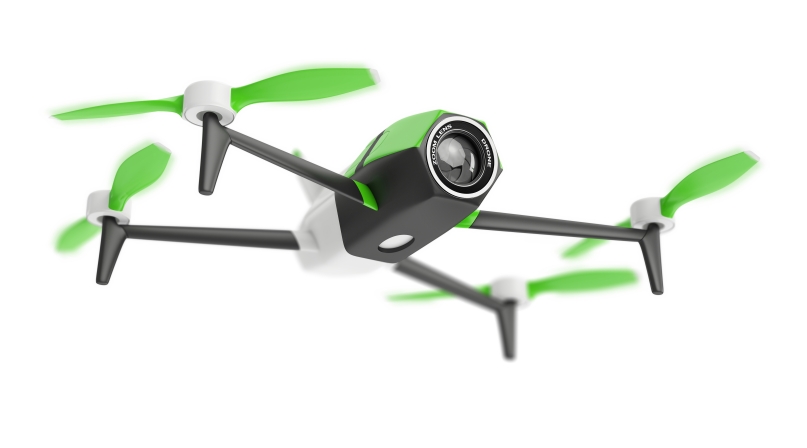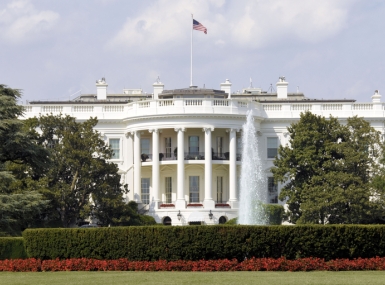Drone legislation touts local control
Author

Kevan Stone
Upcoming Events
Related News

Drone Federalism Act of 2017 would let counties decide how drones operate below 200 feet
The past few weeks have seen the courts and Congress focus their attention on unmanned aerial systems (UAS), AKA “drones.” Counties, which have embraced UAS technology for such uses as emergency response and infrastructure inspection, have been watching these developments since they will affect the ways they use and enforce laws that keep citizens safe.
Drone registration gets the boot
In December of 2015, the FAA issued a rule requiring that all model (non-commercial) UAS pilots register their systems with the federal government.
Drone advisory committee
In addition to supporting this legislation, NACo continues to make progress within the FAA Drone Advisory Committee. NACo is the only local government organization with membership on the full committee and subcommittee and task group levels. DAC will pay an official visit, currently in the planning stages, to NACo’s Annual Conference in Franklin County, Ohio.
The rule, which had not been formally finalized, required model aircraft owners to provide their names, email and physical addresses; pay a $5 registration fee; and display a unique drone ID number at all times. Those who failed to comply could face civil and criminal penalties.
This requirement did not sit well with some drone enthusiasts and industry leaders, and they went to court to fight the rule. They won. The court immediately ceased the requirement to register recreational drones. This will make identifying drone operators that much harder since there will now be no formal method to log who is operating recreational drones.
Congress could get involved
In Congress, however, there is renewed activity to assist local governments to have a say as to who, how and when drone operators may operate their aircraft. A bipartisan quartet of lawmakers, Democratic Sens. Diane Feinstein of California and Richard Blumenthal of Connecticut joined Republican Sens. Tom Cotton of Arkansas and Mike Lee of Utah in sponsoring the Drone Federalism Act of 2017.
This legislation would let local governments decide how hobbyists and businesses can operate their drones below an altitude of 200 feet. The bill also mandates the Federal Aviation Administration (FAA) to select up to 10 state, local and tribal governments for a two-year long pilot program on developing local drone rules. During these pilot programs, the FAA would provide technical assistance to the local governments; determine with the governments how to enforce the rules; and act as an intermediary between the local governments and federal agencies that are trying to create a national drone air traffic management system.
In introducing the bill, Feinstein said, “State, local, and tribal governments have a legitimate interest in protecting public safety and privacy from the misuse of drones. This bill allows communities to create low-altitude speed limits, local no-drone zones or rules that are appropriate to their own circumstances.”
Cotton commented, “This bill will return power to regulate everyday drone use to the proper level, states and local communities. By passing this legislation, we will protect private property rights and allow local communities to tailor drone rules to their specific needs.
Attachments
Related News

NACo sends letters to House Transportation and Infrastructure Committee urging support for county priorities in surface transportation reauthorization
On April 30, NACo submitted three letters to the House Transportation and Infrastructure Committee outlining county priorities as Congress begins work on the next surface transportation reauthorization. The current authorization is set to expire on September 30, 2026, and renewing it is a key priority for the Committee in the 119th Congress.

County Countdown – May 6, 2025
Every other week, NACo's County Countdown reviews top federal policy advocacy items with an eye towards counties and the intergovernmental partnership. This week features

White House releases FY 2026 Budget Request: Top Highlights to Counties
The President’s budget requests cutting non-defense discretionary funding by 23 percent, amounting to $163 billion, and proposes a 7.6 percent spending cut to discretionary spending.